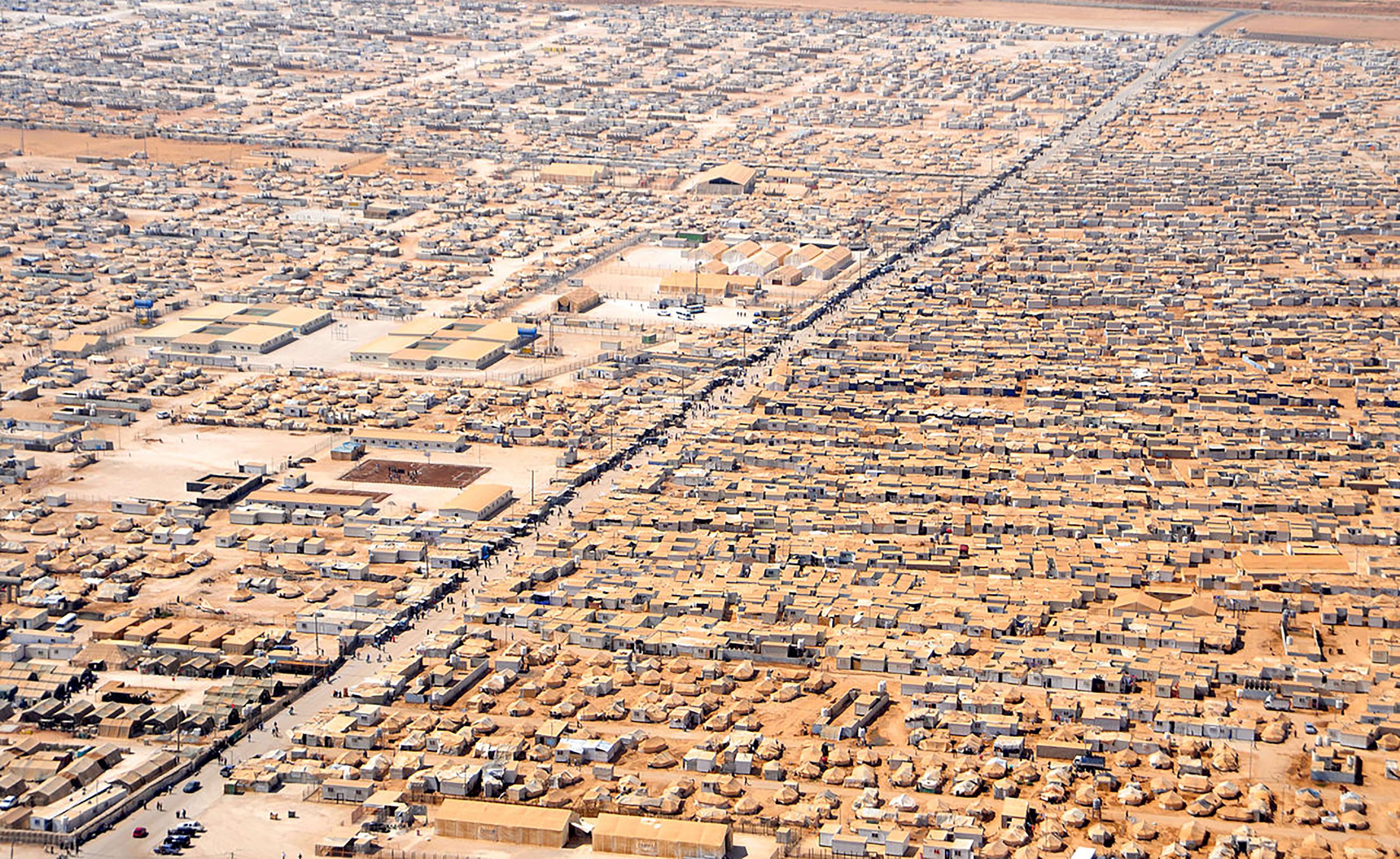How our under the bed approach to refugees is in drastic need of repair
By Tate Evans
We live in interesting times, a point in history where almost 20 million people are given the label of refugee. They crossed borders not because they wanted to but because they were forced to by persecution and violence.However, we are woefully failing in responding to their needs, and many of us simply don’t know it even if they have the best of intentions. The average response many of us would think to respond to refugees is to go out and donate to the United Nations humanitarian system, where they would go build camps for the refugees until they could go home. But instead of waiting a few years, these people end up waiting decades in inhumane conditions, effectively condemned to waste their lives outside of society
However, we are woefully failing in responding to their needs, and many of us simply don’t know it even if they have the best of intentions. The average response many of us would think to respond to refugees is to go out and donate to the United Nations humanitarian system, where they would go build camps for the refugees until they could go home. But instead of waiting a few years, these people end up waiting decades in inhumane conditions, effectively condemned to waste their lives outside of society
Our current response of putting refugees in camps doesn’t work for one reason: it’s a humanitarian response kept long past its expiration date. If one of us went through a terrible accident, we’d expect to be brought to a hospital. But how would you feel if after they fixed you up in a few weeks, they kept you for five years to “monitor” you? No one would want to live like that, and the refugees don’t either. Instead of integrating them into the society of the host state so they can live their lives until it’s safe to go home, we keep them bored and miserable inside strictly controlled camps for decades. Imagine coming into a camp at eighteen, getting married, having kids, and then having grandkids… all in the same camp.
No one wants to live in camps forever, and when faced with no support outside of camps or embarking on a dangerous journey to Europe that will likely bring jobs and good quality of life, many will choose the latter. People who encourage refugees to come to western countries have the best of intentions, but ultimately do as much damage as those who want to block them from entering when it costs ten times as much to care for refugees in Europe versus one in havens. Rescue programs like Mare Nostrum in Italy and relaxed asylum standards in Germany undoubtedly saved lives, but encourage human trafficking by eliminating some of the risk factors, making it easier for traffickers and encouraging more refugees to leave havens.
Typically, the ones getting into the rickety rubber boats crossing the Mediterranean are the more wealthy, and mostly male refugees. This is effectively sending the most likely people to be educated and ambitious away, and they’re not likely to give up comfortable lives in the west to rebuild a place like Syria. The most important resource in a post-war reconstruction is human capital, and when the highest quality of it is in Europe, how can those left behind be expected to rebuild their culture and society?
Whats needed is a new system that gives refugees what they want: autonomy. It is formally recognized in the 1951 UN refugee convention that refugees have the right to work and freedom of movement, but that is hardly, if ever, followed. They are prohibited from work and are restricted to camps by threatening to cut off assistance if they leave. But what if instead of limiting refugees, we enabled them?
On February 4, 2016, former UK prime minister David Cameron and King Abdullah of Jordan created a deal known as “the Jordan Pact” where in exchange for billions of dollars in assistance and investment in Jordan from the UK and other nations, Jordan would give 200,000 work permits to refugees and expand their rights. Instead of refugees having to hide in cities, those who received permits could make money, buy homes, support themselves, and one day open a business. In this environment, refugees are finally given the autonomy they desire and are productive in the economy of their host nation.
If western nations today want to solve the perpetual refugee crisis, they need to follow Cameron’s example and make deals with nations that bear the physical burden. This is why it’s surprising to see our president complain about instability in the middle east and refugees coming to the west and only add to the root problem by dropping bigger bombs instead of his supposed specialty in negotiating deals with host nations to contribute to a more lasting peace. Our leaders need to look at refugees the same way they see themselves: as people. Only then can the crisis be solved.

